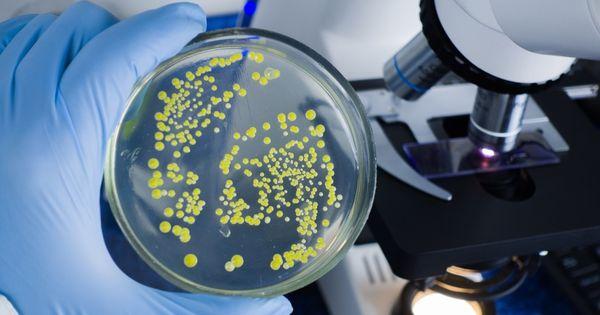
Modern medicine treats diseases and helps people live longer, healthier lives. In particular, radioisotopes treat cancer by targeting specific tissues. For more information, learn about the common applications and effects of radioisotopes.
Understanding Radioisotopes
Radioactive isotopes, commonly known as radioisotopes, are a species of chemical elements formed through the natural decomposition of atoms. Although radiation exposure is harmful, scientists highly regard radioisotopes because they diagnose and treat diseases.
Scientists utilize two methods to create medical radioisotopes for medical purposes. One method is flooding materials with neutrons in a reactor. The other is forming protons in an accelerator known as a cyclotron.
As mentioned, radioisotopes diagnose certain medical problems and treat diseases. For that reason, a key part of radiopharmaceuticals is radioisotopes. When injected into a patient’s bloodstream, the radiopharmaceuticals travel to the disease site.
To create specific medicines, some medical facilities have cyclotrons on campus to create radiopharmaceuticals with short-lived lives.
Radioisotope Applications To Know
The most common radioisotope application is for therapeutic purposes. The intention is to destroy targeted cells. Medical professionals use radiotherapy to treat cancer and eliminate tumors. In fact, radiotherapy attacks the tumor with ionizing radiation.
Radiotherapy
Doctors administer radiotherapy in beams of subatomic particles, like neutrons, protons, or alpha or beta particles. These particles disrupt the atomic structure of the targeted tissue. Cancer cells die in this process because ionizing radiation breaks up double-stranded DNA molecules. The treatment also prevents cancerous cells from replicating.
Food Preservation and Sterilization
Food preservation and sterilization are other radioisotope applications. Food products are susceptible to pests, insects, fungi, and bacteria. Without sterilization, foodborne illnesses like E. coli, salmonella, and listeria spread to people and animals. Scientists use specific radioisotopes to target pests, bacteria, and parasites to extend the shelf life of food.
Pest Control
Lastly, radiation works for insect and pest eradication. Sterile Insect Technique, SIT, uses chemicals to sterilize mass-reared insects. The pests remain sexually competitive, but they can’t produce offspring. SIT enhances crop production and preserves natural resources.
What Are the Effects of Radioisotopes?
Using radioisotopes for cancer treatment has challenging side effects. Short-term exposure can cause hair loss, nausea, skin burns, and gastrointestinal distress. During treatments, medical professionals administer medications that manage side effects. After radiotherapy, symptoms usually go away.
Let Moravek assist you. We offer chemical synthesis services for clinical and non-clinical research. Having completed over 2,000 custom syntheses, our experienced chemists use an extensive range of chemistry techniques. Start your journey with us today!
